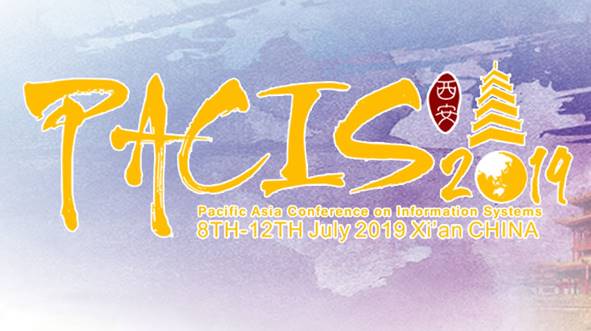PACIS 2019 Proceedings
Abstract
The study highlights a smart tourism mobile application that generates diversified interactions among multiple stakeholders in the smart tourism industry. In the previous smart tourism studies, scholars have argued two research limitations. First, a gap exists in aspects of the tourists’ and service providers’ information environments for efficient destination management. Second, the lack of proper linkage on how ICT- enabled applications could enhance tourists’ destination experiences from a tourism comparative city to the competitive one is evident. To address these two problems, this research conducted a case study in Egypt. As a research methodology, it invited a design thinking approach with field studies and qualitative interviews focusing on six different demographics in Cairo and Alexandria. Throughout the analysis, it synthesized “M-Tour” as a smart tourism application to bridge comparative cities to competitive ones. The paper presents three contributions. First, it conceptualizes a model of smart design tourism, dealing with how a city can integrate the smart tourism comparative to the competitive advantages. Second, it methodologically applies a design thinking approach to understanding multiple stakeholders’ requirements to synthesize a smart design tourism application. Third, it will be a desirable direction for developing a user-eccentric smart design tourism application. Above all, the research ultimate goal is to boost the declining Egypt tourism sector by providing stakeholders’ defined solution
Recommended Citation
Nyaporo, Joseck; Rashed, Dalia; Park, Jaehyun; and Eltawil, Amr, "M-Tour: A Smart Design Tourism Application for a Destination Competitiveness by a Design Thinking Approach" (2019). PACIS 2019 Proceedings. 45.
https://aisel.aisnet.org/pacis2019/45


